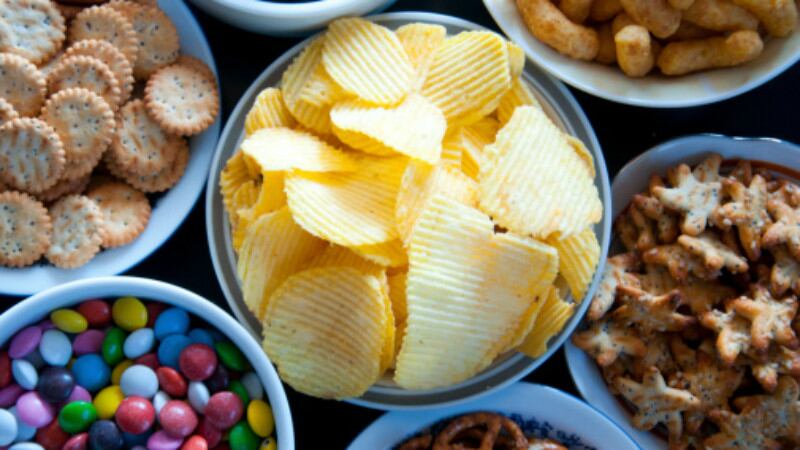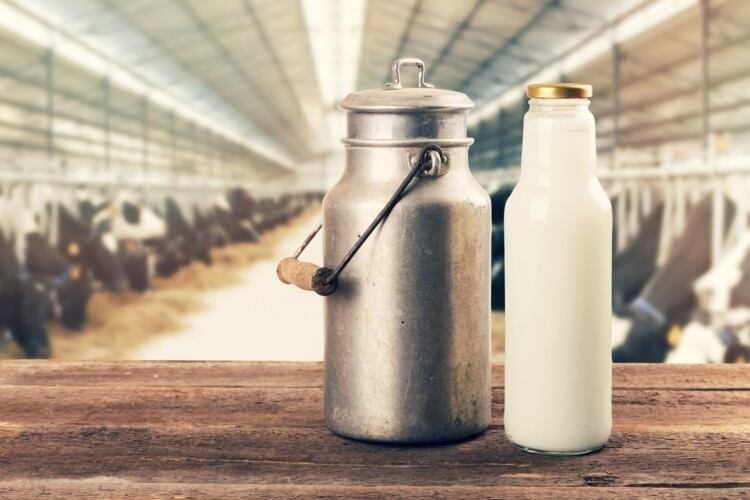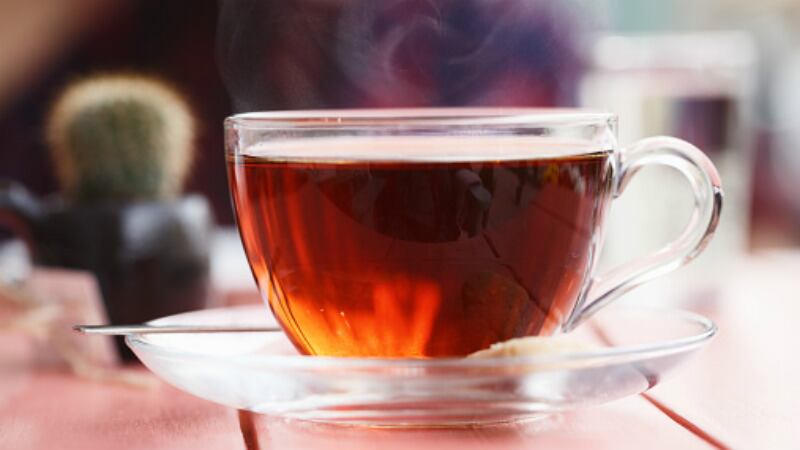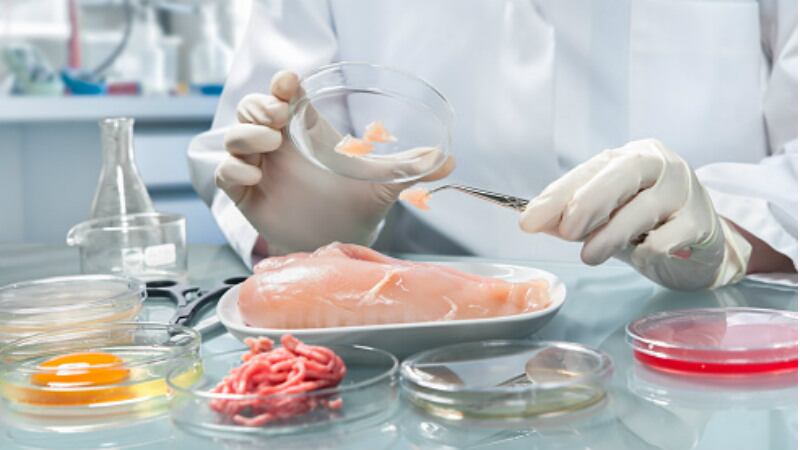The draft regulations include ten main topics of discussion, but the main aspect pertaining to F&B firms falls under the ‘Food marketing and advertisement’ section, which if passed would effectively restrict the sales or promotion of most currently-available snack foods, which are classified as HFSS.
“[Food firms] manufacturing HFSS food products shall not advertise or offer for free sale of such foods to children in school premises or within 50 meters of the School campus,” said FSSAI CEO in a formal statement.
“When marketing foods to children, [food firms are expected to] develop new products that help children eat healthy, especially with regard to nutrient density, energy density, and portion size; [and] reformulate products to improve their nutritional quality.”
Other requirements for these firms to be allowed to attempt any sort of sales or marketing of their products to schoolchildren include depicting and packaging foods in ‘reasonable portion sizes’ and ‘not encourage overeating’, only offer premiums, incentives and sponsorships for non-HFSS foods.
“HFSS foods include deep fried foods [like] fried chips, samosa, chola bhatura, gulab jamun, sugar-sweetened carbonated or non-carbonated beverages, ready-to-eat food, noodles, confectionery items, sugar and sugar-based products and so on,” added Agarwal.
“These should be eaten only sparingly, [and hence] their availability needs to be discouraged.”
FSSAI is calling for ‘suggestions and objections’ from stakeholders in the industry. The deadline for submitting comment is December 3 2019.
Four years in the making
According to a separate report on the agency’s website, these draft regulations followed on to an order from the Delhi High Court dating back to 2015, in which FSSAI was ordered to develop guidelines focusing on making healthy and safe foods available for schoolchildren.
The guidelines were developed in response to a petition by the Uday Foundation for Congenital Defects and Rare Blood Groups against the Union of India, demanding more comprehensive action to tackle the issue of ‘junk food’ in the country.
“[The petition] flagged the issue of easy availability of ‘junk food’ and ‘carbonated drinks’ to children, and the harmful effects thereof, and seeks a ban on ‘junk food’ and ‘carbonated drinks’ in schools, and [the development of] a comprehensive school canteen policy with emphasis on health and nutrition,” said the original Delhi High Court court order.
In its initial response, FSSAI developed the ‘Guidelines for Making Available Wholesome, Nutritious, Safe and Hygienic Food to School Children in India’ in 2015, following the World Health Organisation (WHO) definition of HFSS foods and acknowledging the contents of these to be ‘ingredients of concern’, particularly with regard to non-communicable diseases in India.
Whether or not these 2019 draft regulations will be passed into law any time soon after the public consultation remains to be seen – FSSAI has specifically stated that these would only be finalised for implementation after ‘consideration of stakeholder comments and finalisation’, and the agency has a history of delaying the implementation or enforcement of various standards and regulations.
Concerns were previously also raised regarding the influence of major F&B firms in FSSAI decision-making, many of which are major stakeholders in HFSS foods like fried snacks or sugar-sweetened beverages.





